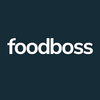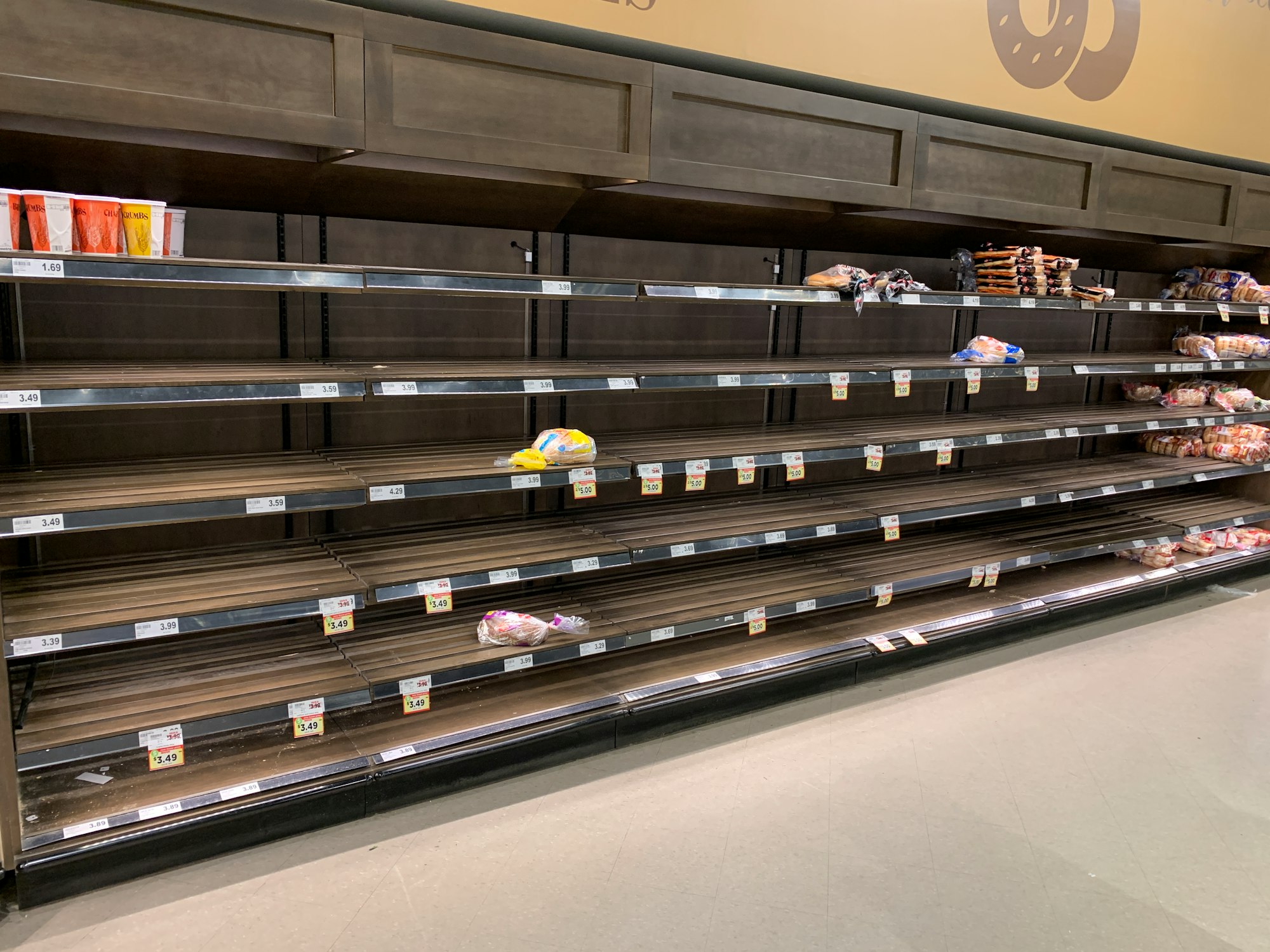As the coronavirus continues to spread over borders to different countries across the globe, the economic ramifications have only just begun.
Last week, the US stock market tumbled approximately 14% over concerns from investors about the potential impact an epidemic could have on the global economy.
While many industries are sure to feel the squeeze, for instance manufacturing companies, other industries may actually see consumer behavior result in an uptick in demand. One such example is the food delivery industry.
To combat the spread of this disease, many people have begun to cut down on contact with others known as ‘social distancing’. Whether it is keeping kids home from school, working from home, or simply avoiding unnecessary trips out of the house, people have begun taking precautionary steps to avoid possible interaction with infected persons.
As people look to avoid heading outdoors as much as possible, they will likely turn to food delivery to address their hunger needs. In China for example, where the virus originated, there was a 20% increase in spending on food delivery in the month of January compared to the previous year.
That number is likely to only increase as the scale of the virus is better understood. Food delivery companies in the United States are likely to see a similar rise in demand for their services, at least in the short term. D.A. Davidson analyst Tom Forte said a few days ago that, “concerns related to the outbreak may motivate consumers to stay home and order in, which could provide a boost to short-term revenues.”
According to him, the coronavirus could provide companies like Grubhub, DoorDash, Postmates, and Uber Eats a short term boost in sales. What may be interesting to watch is if their supply of food delivery couriers remains stable. It is possible that couriers may also feel more inclined to remain home and wait out the virus before resuming their gig economy jobs that require lots of human contact and interaction.
In this scenario, food delivery companies would have no alternative but to offer higher pay to motivate their fleets of contract workers to continue delivering orders.

While the exact scope of the coronavirus is still unclear, food delivery certainly seems like an industry that has the potential to help people contain the spread of the virus. An Uber spokeswoman said in response to the outbreak, ““Uber is not a healthcare expert and follows the guidance of local Public Health Organizations. We are monitoring the situation and take action based on their recommendations,” an Uber spokeswoman said.”
Likewise, a spokesman for Grubhub said, “This is obviously a complex and fast-moving situation. We are focused on prioritizing the health and safety of our drivers, diners, restaurant partners and employees during this challenging time. We will continue to monitor the situation closely, including assessing and analyzing the potential impact on our business.”
Though much is still unknown about the coronavirus, avoiding contact with others who are potentially infected is the best way to remain healthy. Especially since symptoms may not be detectable at first, social distancing is a good preemptive measure to avoid infection.
While people continue to practice this measure, food delivery companies should prepare to see a rise in demand as more and more consumers opt to stay inside instead of dining out at restaurants. In fact, there has already been a noticeable trend away from eating out.
One Guamanian restaurant owner in San Francisco recently said he has seen three to four reservation cancellations per day over the last few weeks. He said his business always stayed away from food delivery apps, but are now, “considering what our options would be if people stayed home for four to six weeks.”
For the most up to date information about the coronavirus disease, please refer to the CDC Website.

